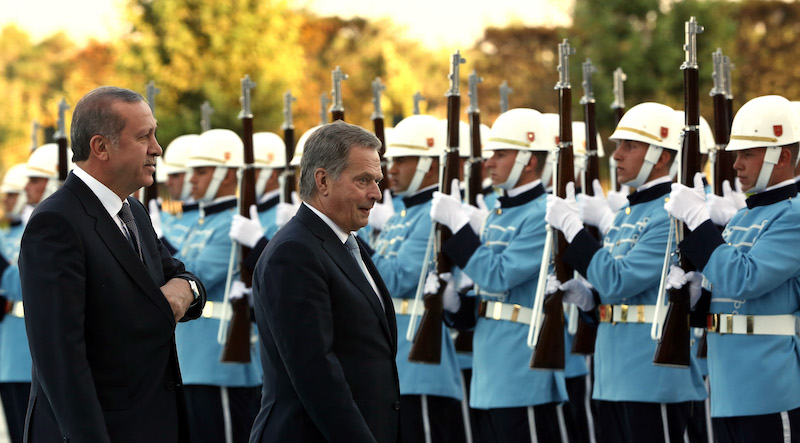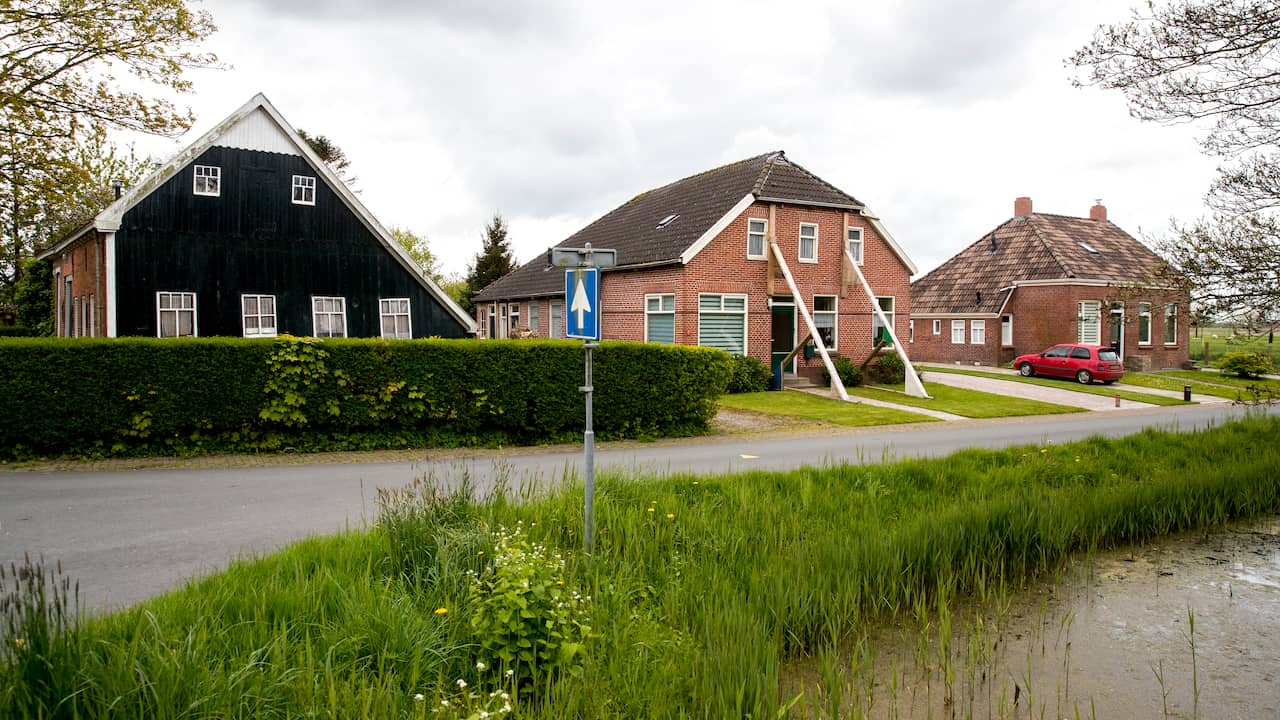Turkey, a NATO member, has been setting conditions for some days to give its consent to the entry into the military alliance of Finland and Sweden: the two Nordic countries last week they had announced their intention to apply to join NATObut Turkish President Recep Tayyip Erdogan and his government have hinted that Turkey could oppose it if certain conditions are not met.
The opposition of Turkey is important because the entry of a new country it must be unanimously approved by all 30 NATO members: just one vote against is enough to block everything. In reality, at least for now, Turkey has not explicitly said it will object. You said that you see the request from Sweden and Finland in a “not favorable” way due to a series of clashes and controversies that have occurred in recent years, especially with Sweden.
Negotiations are already underway for this, and various important NATO representatives, including Secretary General Jens Stoltenberg and the American government, they said they were optimistic. However, Erdogan has repeatedly shown that he is unpredictable, and there are no definitive guarantees on the outcome of the negotiation.
Critical statements by the Turkish authorities on the entry of Finland and Sweden into NATO began over the weekend, when it was now clear that the two Nordic countries would confirm their willingness to join the Alliance. Within NATO, the possibility of bringing Finland and Sweden in was welcomed and enthusiastically by practically all member countries, and Turkey’s position immediately emerged due to its opposition.
Friday Erdogan he said: «We are following the developments with Sweden and Finland, but we have no favorable thoughts». This position was reiterated on Sunday by the Turkish Foreign Minister Mevlüt Cavusoglu, and on Monday by Erdogan he even said that the Finnish and Swedish diplomatic delegations “don’t have to worry” about coming to Ankara to try to convince him.
There are two reasons why Turkey is severely skeptical of Finland and Sweden: the first, and most important, concerns the support given above all by Sweden to Kurds of the PKK, an organization that Turkey, the United States and the European Union (therefore also Sweden) consider terrorist. But the attribution of terrorism to the PKK is very controversial and debated, also because the Kurdish population in Turkey is often the object of persecution. As a result, Sweden has in some cases treated PKK members as political refugees, providing them with protection and refusing to extradite them to Turkey.
The PKK is a far-left political-military movement that has been fighting against the Turkish government for decades for greater autonomy for the Kurdish minority. The group has carried out various armed uprisings against Turkey, including carrying out terrorist attacks against the civilian population. Turkey responded very harshly, persecuting not only the PKK and its members, but in some cases also the Kurdish civilian population. The war between the PKK and Turkey has been going on for years, and in the last few months it has returned to being more active.
One of the most important Kurdish diasporas in Europe lives in Sweden, and some members of the Swedish Parliament are of Kurdish origin. Various associations that Turkey considers linked to the PKK operate quite freely in the country, and people who Turkey has accused of terrorism have found refuge. This state of affairs has caused major diplomatic tensions between the two countries over the years, as well as some major crises, such as when in 2017 a Swedish citizen activist for human rights He was arrested while he was in Istanbul on business, accused of supporting terrorism.
Added to this is the fact that, starting from 2016, Sweden has welcomed various exponents of the political organization of Fethullah Gülen, which Erdogan considers responsible of the coup d’état project against him.
According to the Turkish news agency AnadoluSweden and Finland they denied Turkey “Most of the extradition requests made in the last five years”, both for people of the PKK and for people related to Gülen (we are talking about several dozen names). Most of the denied requests come from Sweden, but Finland has also done the same on a few occasions.
For these reasons, in recent days Erdogan has defined Sweden as “a nest of terrorist organizations”, and added: “Neither country has a clear and open position towards terrorist organizations, how can we trust them?”.
The second reason for the skepticism against Finland and Sweden concerns the fact that, in 2019, the two countries imposed sanctions against Turkey for his military intervention in Syria, banning the sale of weapons. The sanctions were not particularly severe, but the Turkish authorities have made it known that they will not accept those who imposed sanctions against Turkey into NATO.
All things considered, Turkey’s opposition to Finland and Sweden does not seem insurmountable, as various NATO officials have also reiterated. “I am sure that we will be able to resolve the concerns expressed by Turkey so as not to delay the entry process,” said Secretary General Stoltenberg. Jennifer Psaki, the White House spokesperson, also said Joe Biden’s administration “is working to clarify the Turkish position.”
The fact that Turkey is so far the only NATO country to have expressed opposition to the entry of Finland and Sweden could put Erdogan under considerable pressure, but he has already proven several times to be the most unpredictable of NATO allies. It is not yet entirely clear, however, what the conditions set by the Turkish president are.
Even just a delay in the accession process – which it should be rather shipped – it could be a problem for Finland and Sweden, which at the moment, said the Swedish Prime Minister Magdalena Andersson, are in a position “vulnerableWith their announcement they provoked Russia’s anger, but as long as they are not full members they will not be able to enjoy the protection of NATO.
–


